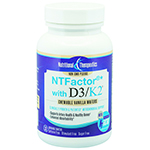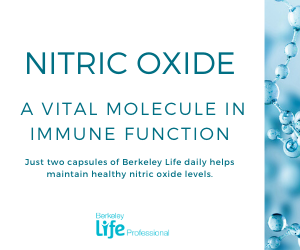 Researchers found that eating more fruits and vegetables as young adults was associated with less calcified coronary artery plaque 20 years later. Coronary artery calcium can be measured by a CT scan to detect the presence and amount of atherosclerosis, a disease that hardens arteries and underlies many types of heart disease.
Researchers found that eating more fruits and vegetables as young adults was associated with less calcified coronary artery plaque 20 years later. Coronary artery calcium can be measured by a CT scan to detect the presence and amount of atherosclerosis, a disease that hardens arteries and underlies many types of heart disease.
The researchers divided data from 2,506 study participants into three groups, based on their daily consumption of fruits and vegetables. Women in the top third ate an average of nearly nine servings of daily fruits and vegetables and men averaged more than seven daily servings. In the bottom third, women consumed an average 3.3 daily servings and men 2.6 daily servings. All servings were based on a 2,000-calorie-a-day diet.
Researchers found that people who ate the most fruit and vegetable at the study’s start had 26 percent lower odds of developing calcified plaque 20 years later, compared to those who ate the least amount of fruits and vegetables.
Previous studies have shown a strong association between eating more fruits and vegetables and reduction in heart disease risk among middle-age adults. However, this is the first study to examine whether eating more fruits and vegetables as young adults could produce a measurable improvement in the health of their heart and blood vessels years later.
“People shouldn’t assume that they can wait until they’re older to eat healthy–our study suggests that what you eat as a young adult may be as important as what you eat as an older adult, ” said lead author Michael D. Miedema, M.D., senior consulting cardiologist and clinical investigator at the Minneapolis Heart Institute, Minneapolis, Minnesota.
“Our findings support public health initiatives aimed at increasing fruit and vegetable intake as part of a healthy dietary pattern,” Miedema said. “Further research is needed to determine what other foods impact cardiovascular health in young adults.”
Reference:



























